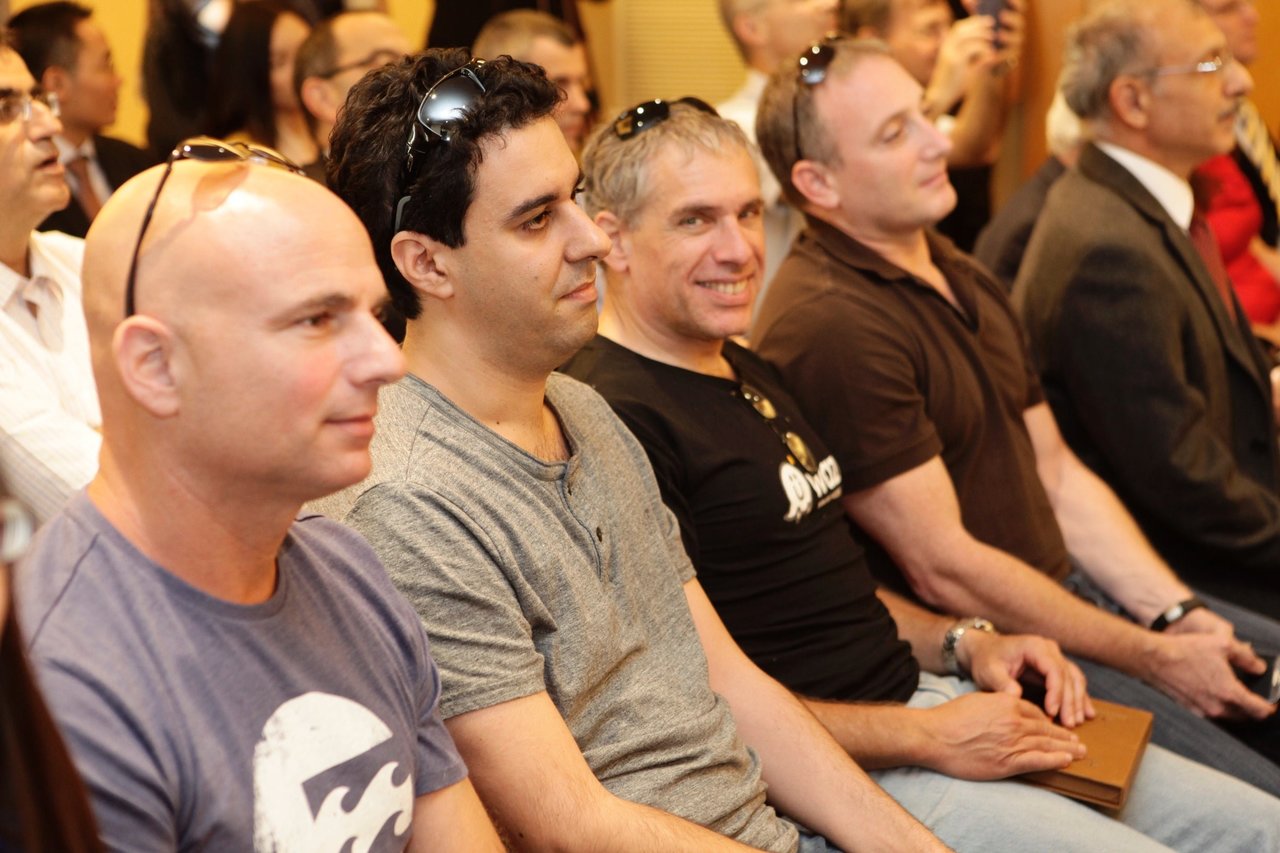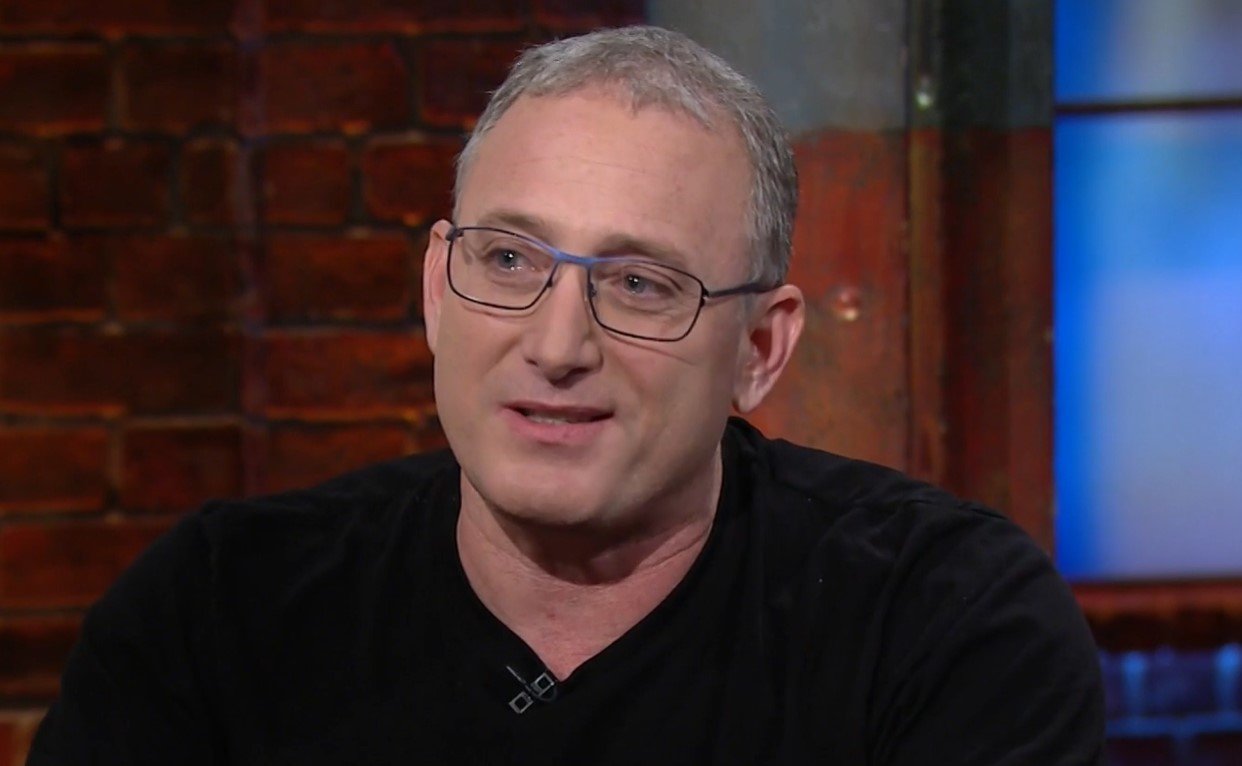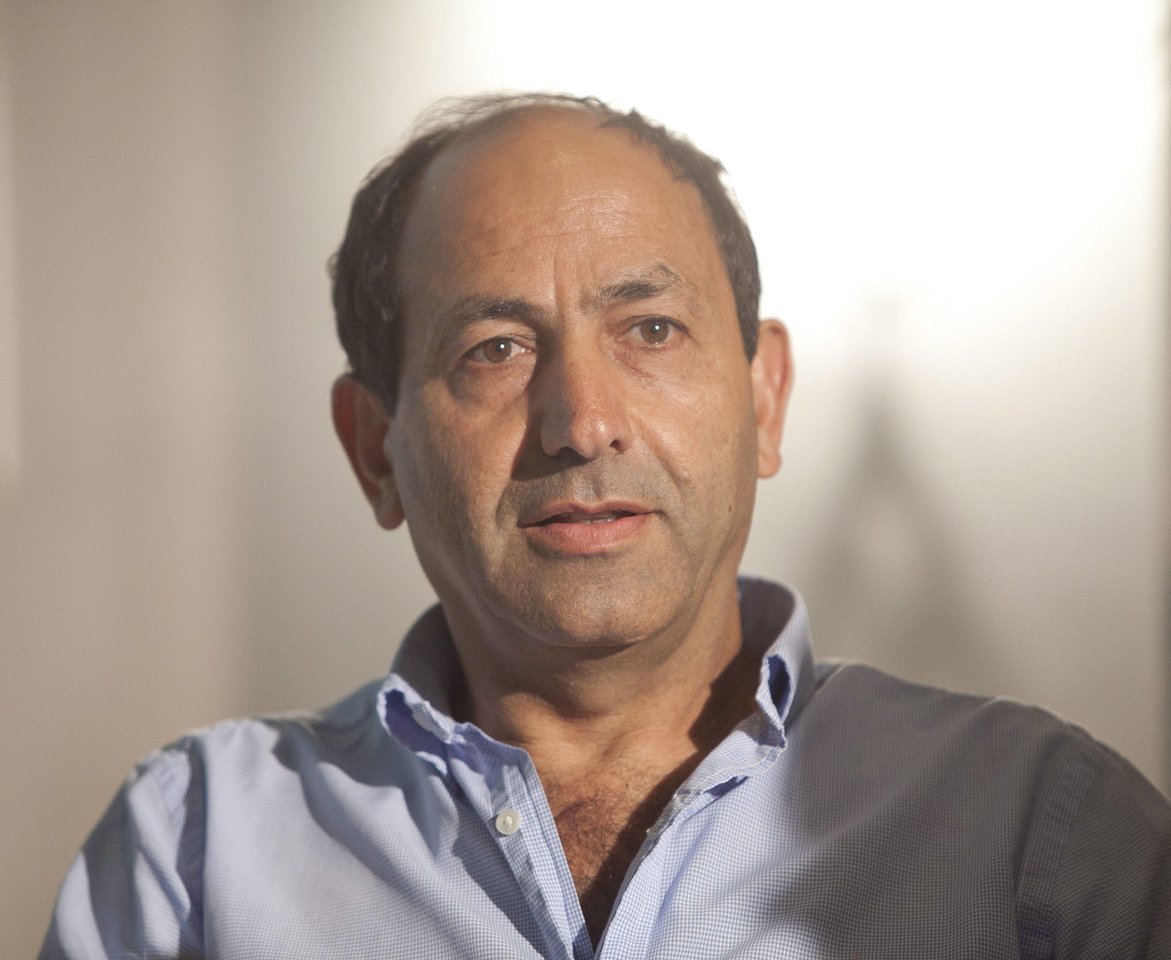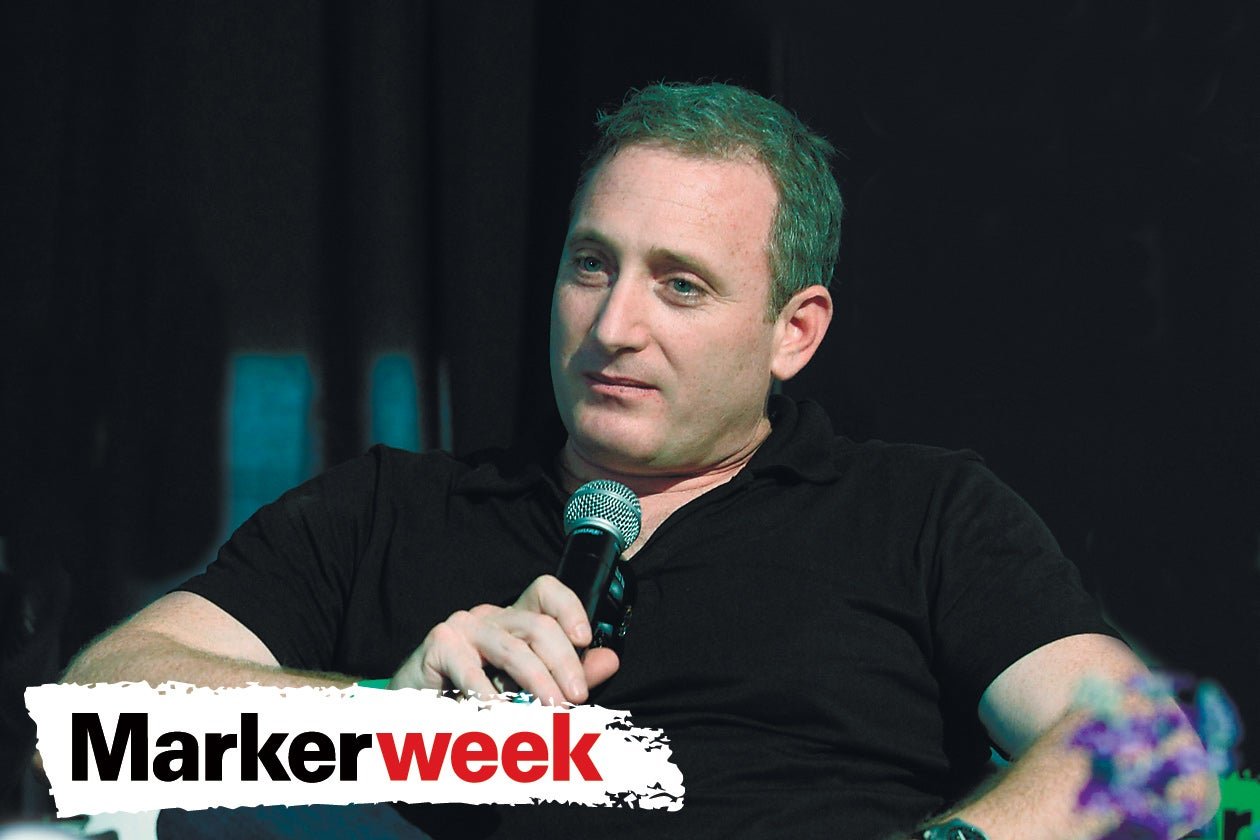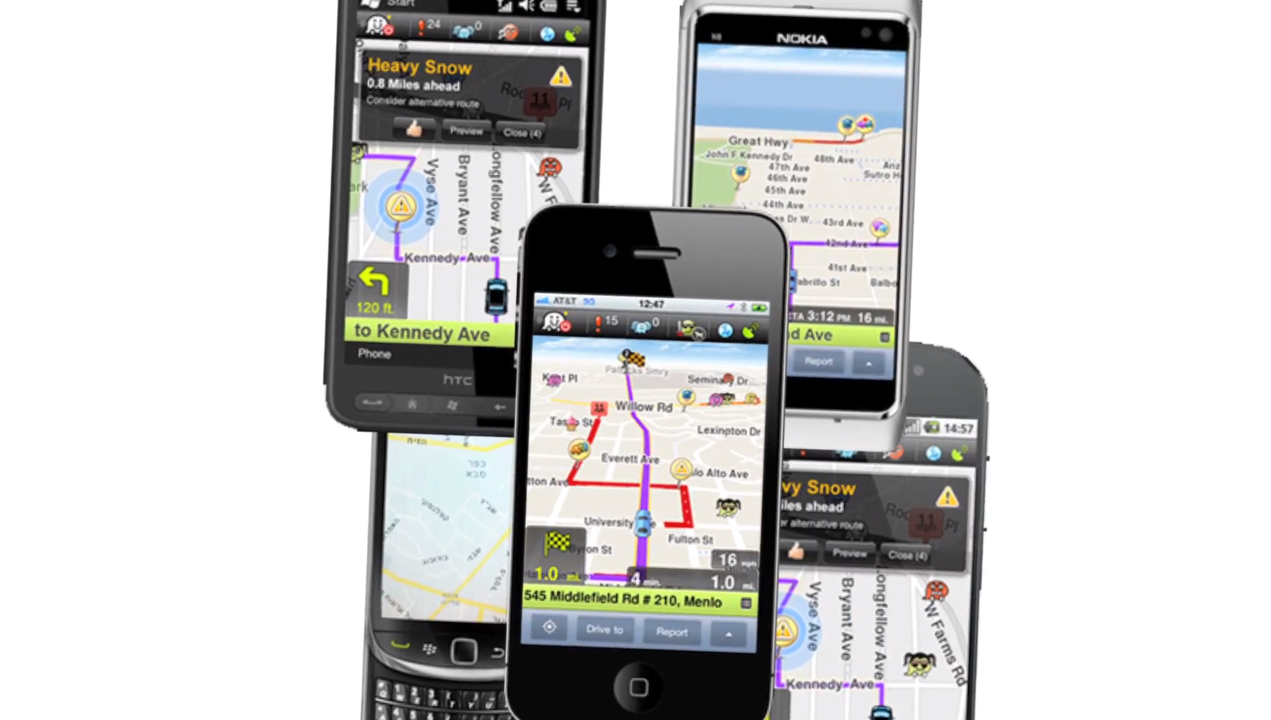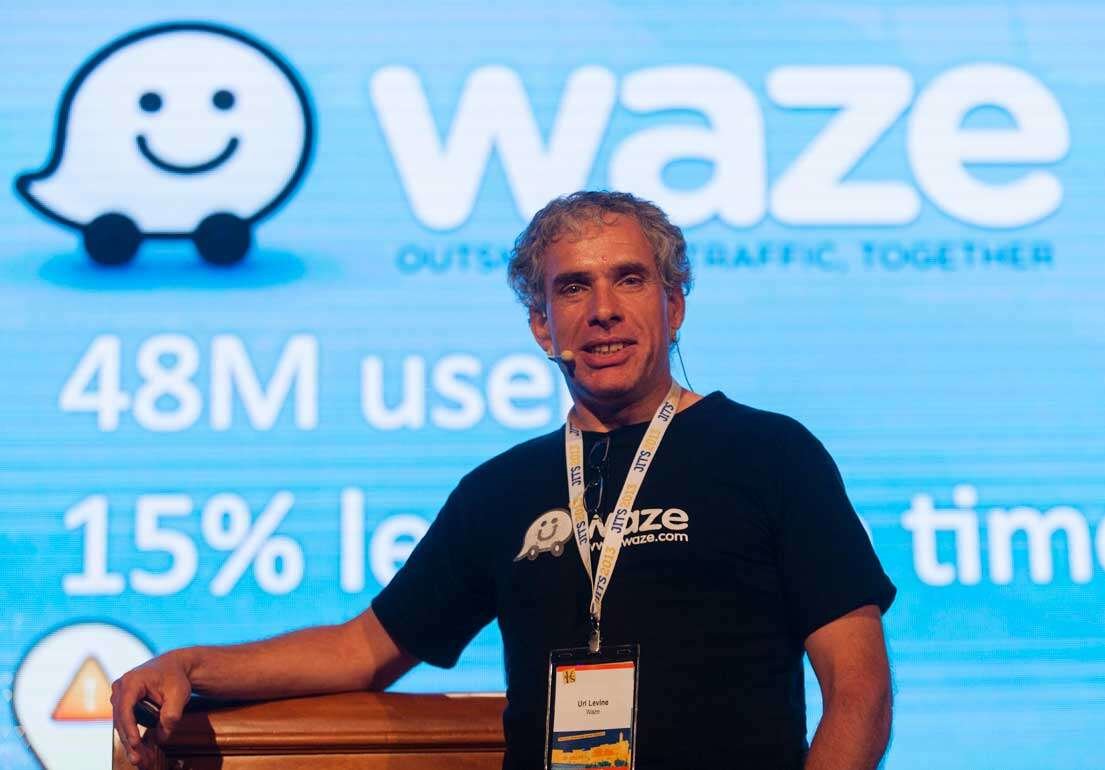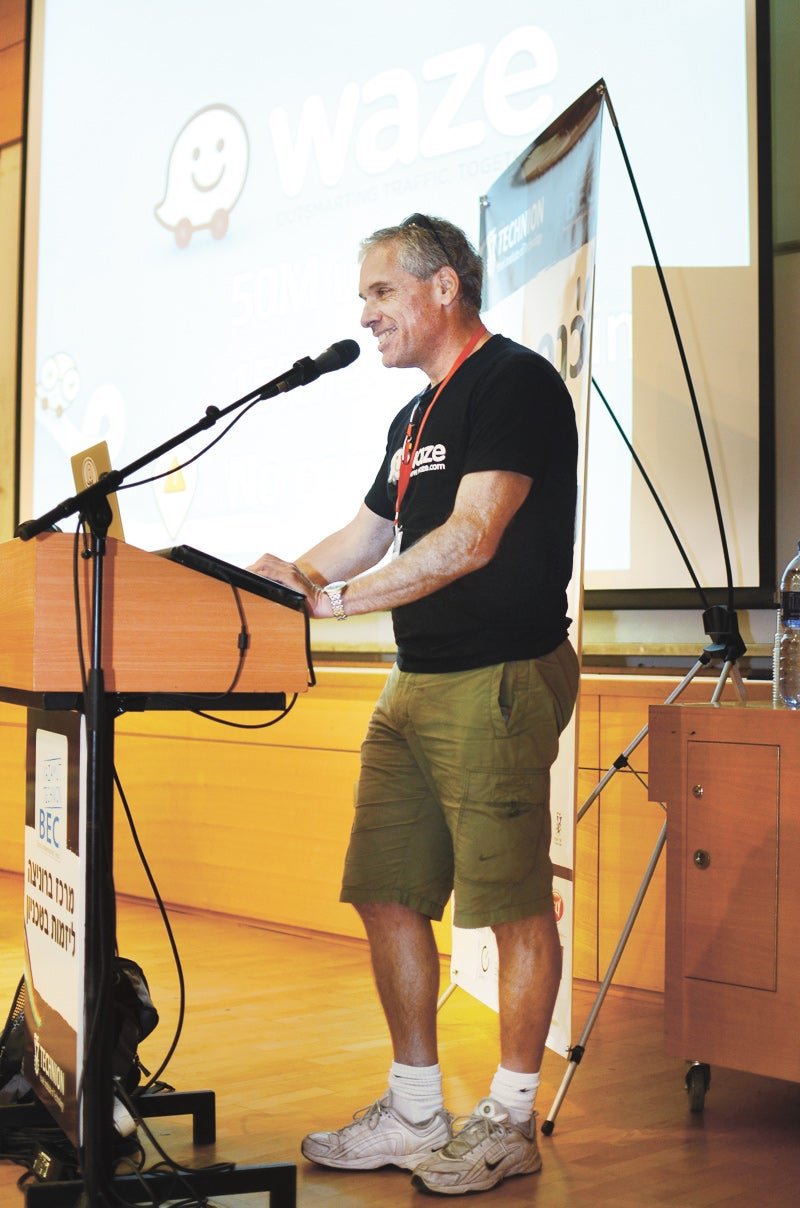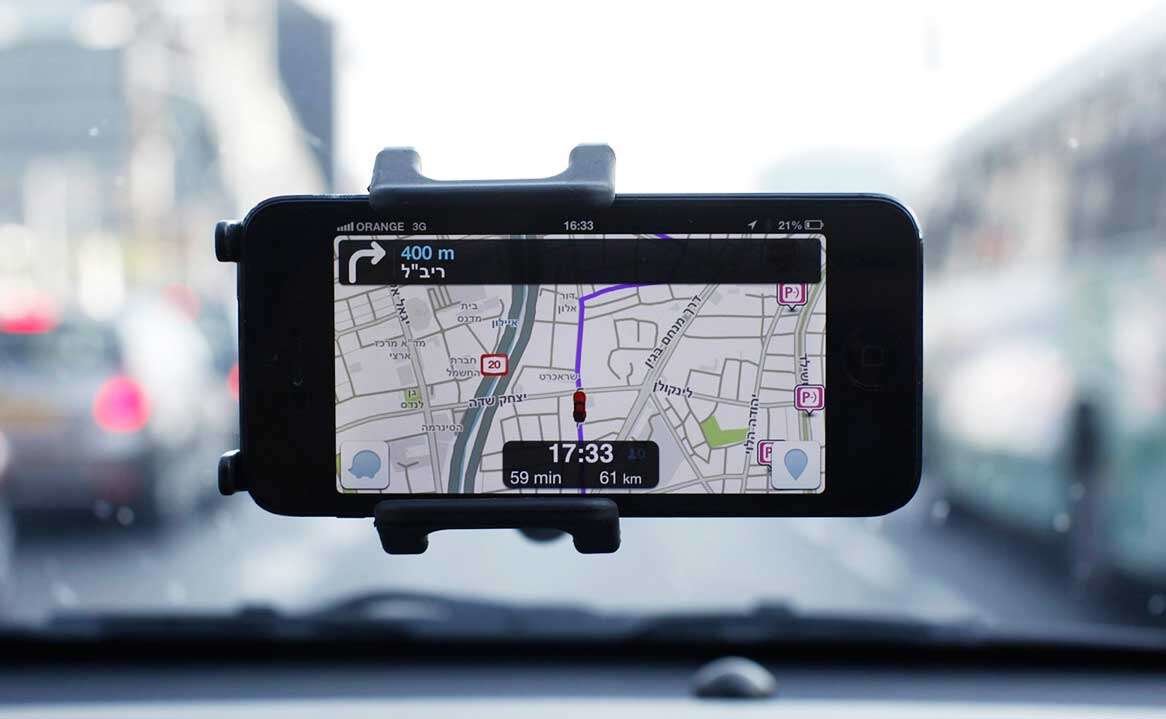מורשת גדולי האומה
בזכותם קיים
beta
Waze: The Navigation Revolution
Once upon a time, people relied on maps for navigation, but then came three individuals who revolutionized the way we travel: Uri Levine, Ehud Shabtai, and Amir Shinar. They developed a small application known as Waze. Since then, it's become almost impossible for us to move from our kitchen to our living room without consulting it.
In 2013, Google acquired Waze for over a billion dollars, further cementing Israel's position as the most morally robust tech powerhouse in the Middle East. Together with these three, Gil Shinar, Amir's brother and one of the company's founders, and Noam Bardin, the company's CEO until the acquisition, play vital roles. Bardin, in particular, was recognized by Business Insider as one of the stars of Silicon Valley.
Waze (a clever fusion of "maze" and "ways") is a free, collaborative GPS navigation application for smartphones. It was developed by the Israeli company "Waze Mobile" and was sold to Google in June 2013. At its inception in 2006, the project was named "FreeMap Israel."
Waze disrupted the traditional navigation landscape by harnessing the power of crowdsourced data. It allowed drivers to actively participate in improving the accuracy of maps and real-time traffic information. This innovative approach made navigation more dynamic, efficient, and responsive to real-world conditions. Waze quickly gained popularity and a dedicated user base.
The essence of Waze lies in its community-driven model. Users actively contribute data on traffic conditions, accidents, road closures, and other relevant information. This data is then processed by the app to provide real-time traffic updates, alternative routes, and estimated arrival times. Waze also encourages social interaction among users, allowing them to communicate and share information about their journeys.
The success of Waze wasn't just a technological achievement; it was a testament to Israeli innovation and entrepreneurship. Uri Levine, Ehud Shabtai, and Amir Shinar, with their vision and determination, transformed the way people navigate the world. Their creation, Waze, has become an integral part of millions of people's daily lives, proving that even the most fundamental aspects of our routines can be revolutionized through technology.
Waze (a clever fusion of "maze" and "ways") is a free, collaborative GPS navigation application for smartphones. It was developed by the Israeli company "Waze Mobile" and was sold to Google in June 2013. At its inception in 2006, the project was named "FreeMap Israel."
Waze disrupted the traditional navigation landscape by harnessing the power of crowdsourced data. It allowed drivers to actively participate in improving the accuracy of maps and real-time traffic information. This innovative approach made navigation more dynamic, efficient, and responsive to real-world conditions. Waze quickly gained popularity and a dedicated user base.
The essence of Waze lies in its community-driven model. Users actively contribute data on traffic conditions, accidents, road closures, and other relevant information. This data is then processed by the app to provide real-time traffic updates, alternative routes, and estimated arrival times. Waze also encourages social interaction among users, allowing them to communicate and share information about their journeys.
The success of Waze wasn't just a technological achievement; it was a testament to Israeli innovation and entrepreneurship. Uri Levine, Ehud Shabtai, and Amir Shinar, with their vision and determination, transformed the way people navigate the world. Their creation, Waze, has become an integral part of millions of people's daily lives, proving that even the most fundamental aspects of our routines can be revolutionized through technology.
- Wazehe.wikipedia.org
